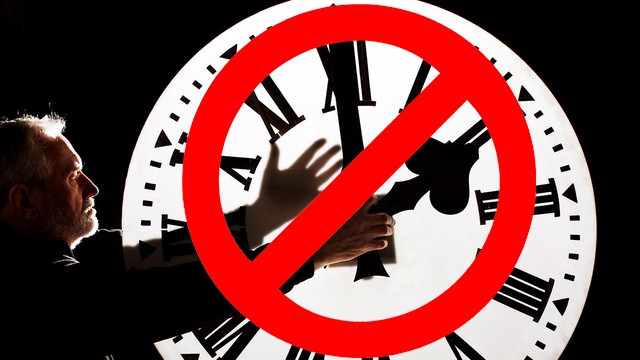
Having shorter daylight hours affects our mood and energy levels, decreasing serotonin. Get more light! Go outside and get exposure to morning sunlight on the Sunday after the time change to help regulate your internal clock.(This might seem like good everyday advice, but it’s even more important during time changes.) Go shop for fish, nuts, and other sources of protein for dinner this week! Avoid the pasta. Also, try to eat more protein instead of carbohydrates. Our sleep cycle and our eating patterns affect each other. On the days around the time change, eat at the same time or even eat a little early. Also, turn off the television and pick up a book. Take a warm–not hot–shower. The light stimulates your brain and makes sleep difficult the same way sunlight does. Avoid alcohol in the evening. If you are exercising, avoid workouts within four hours of bedtime because raising your body’s core temperature can make it harder to fall asleep. An hour before bedtime, put your phone, computer, or tablet away! Electronics’ high-intensity light hinders melatonin, a hormone that triggers sleepiness. Quit caffeinated beverages four to six hours before bedtime. The closer you stick to your normal routine, the faster your body will adjust to the time change. While it’s tempting to stay up later or change your habits, it’s best to keep your bed times consistent. Lack of sleep tells the body to store fat. Go to bed and get up at the same time. Get at least seven hours of sleep on the day(s) before and after the transition.Many of these tips are great for any time of the year, but pay special attention to days around the clock change. Photo credit: Elena Elisseeva/Shutterstock 5 Tips to Adjust to Time Changes Other than abolishing the clock changes, what can we do? An hour may not seem like much, but it’s significant to our body clock, which is synchronized to the Sun time. But when we simply change a clock, the natural sunrise/set times do not change at all, so it’s simply disruptive for the brain and body. When you travel to a different time zone, there is a natural shift in the sunrise/set time, too. Why does this happen? Think about traveling. Also, a 2001 National Institutes of Health study showed fatal traffic accidents increase the Monday after both time changes.Many of us are already sleep-deprived, so losing that hour is a tipping point. Studies show an overall increase in heart attacks in the days after both time changes.Be aware that your experience is not the same as those who may have underlying health issues. Some people are barely aware of their body’s adjustment and might simply feel a little tired and irritable.īut for other folks, it can be dangerous. Does It Affect Our Health?įor most of us, the time change itself doesn’t affect our health. The time change can affect sleeping and waking patterns for five to seven days. It takes circadian and sleep rhythms a little “lag time” to transition. So, a time shift disrupts our sleep and circadian rhythms.

Our body’s own time-keeping machine regulates sleep and metabolism. How Long Does It Take for Your Body to Adjust? In fact, these changes can throw off your body’s internal clock. It may be an automatic switch for our cell phone, however, our body is not programmed by a man-made clock.

See when Daylight Saving Time starts and ends this year. The clocks change twice a year, “falling” back one hour in the fall and “springing” forward one hour in the spring.


 0 kommentar(er)
0 kommentar(er)
